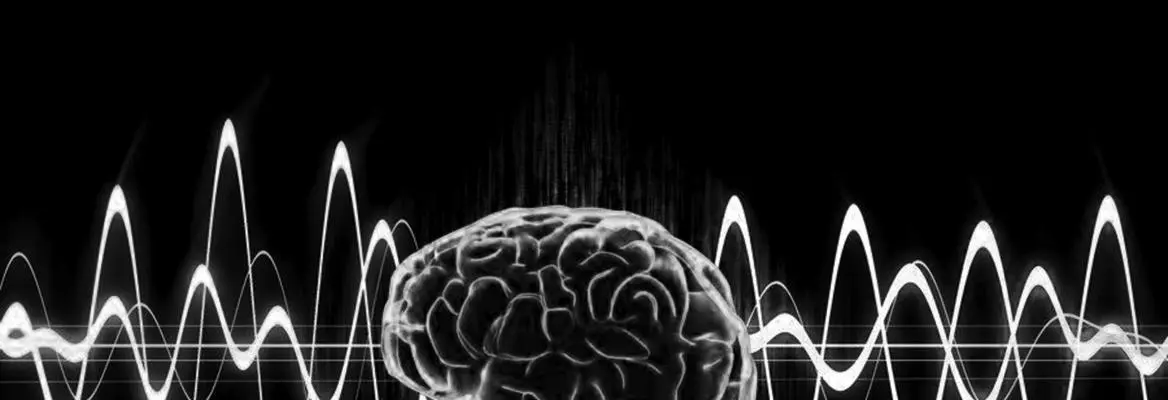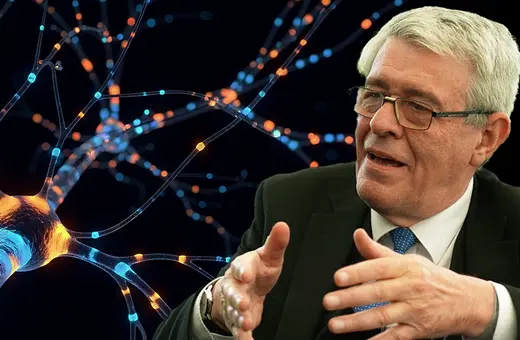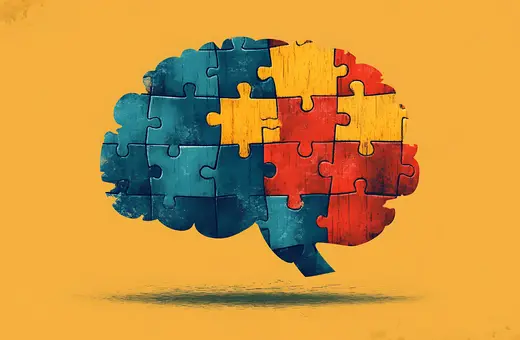The internet does not forget but we people do. And we do it quicker than ever. Are the Internet and information bombardment of social media responsible for our shortening attention spans? Or does the ever-lasting memory provided by the Internet enable us to recall past events perpetually? Does social media decide what to bring to our attention and what to quietly hide behind the flood of information?
“Yes and no” is probably the right answer to all these questions. There has been little research on these topics so far, but the existing research suggests that depending on the conditions, the design of the platform, the level of engagement of the users, and other parameters, online tools could have a great influence on the way we distribute our attention and rather limited memory between the competing items in the attention market.
__
"We do not exactly know who the gate-keepers of our attention are, but whoever they are, they could manoeuvre the whole flow of attention at the societal level..."
___
In a research project, my team and I have studied the particular case of airline crashes. We studied hundreds of accidents and incidents in the history of aviation and tried to quantify the dynamics of attention to the current events, and the way that these current events trigger our memory and curiosity of the past events.
In short, we observed that the level of attention that we pay to the individual cases varies a lot, and its relationship to the “impact” of the event, measured, for instance, by the human casualty caused by the event, does not follow simple rules. There is a huge bias in the level of attention when you control the number of people who died in the crash. An American death triggers about 50 times more attention compared to an African death, as long as we measure the level of attention through the number of page views of the Wikipedia article about the flight disasters.
On the other hand, while for “smaller” events with less than 50 deaths, it is hard to predict the volume of collective attention, for larger events, there seems to be a stable relation between the number of deaths and the level of attention. Finally, the span of our attention to this type of events is very short. Regardless of the impact and the size of the event, we seem to lose our interest after 3-8 days.
This result could be alarming; in short, we are biased and short-sighted but, on the other hand, we observed that the current event might trigger our attention to the past events that we would not bother about otherwise - to a great extent. In certain cases, a new airline crash has produced a big flow of attention to “similar” cases dating back to 40 years ago.



















Join the conversation